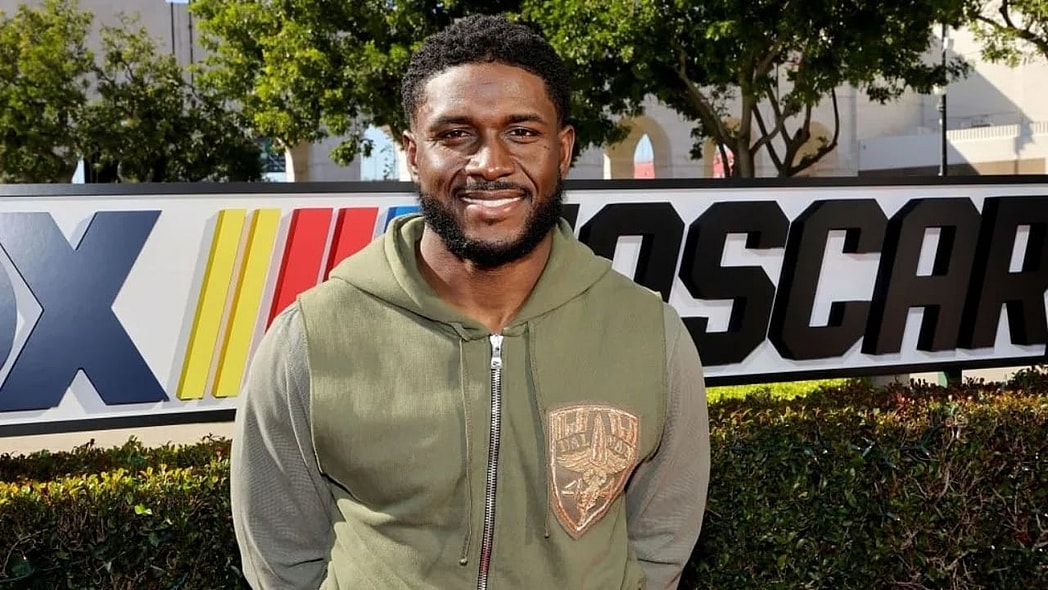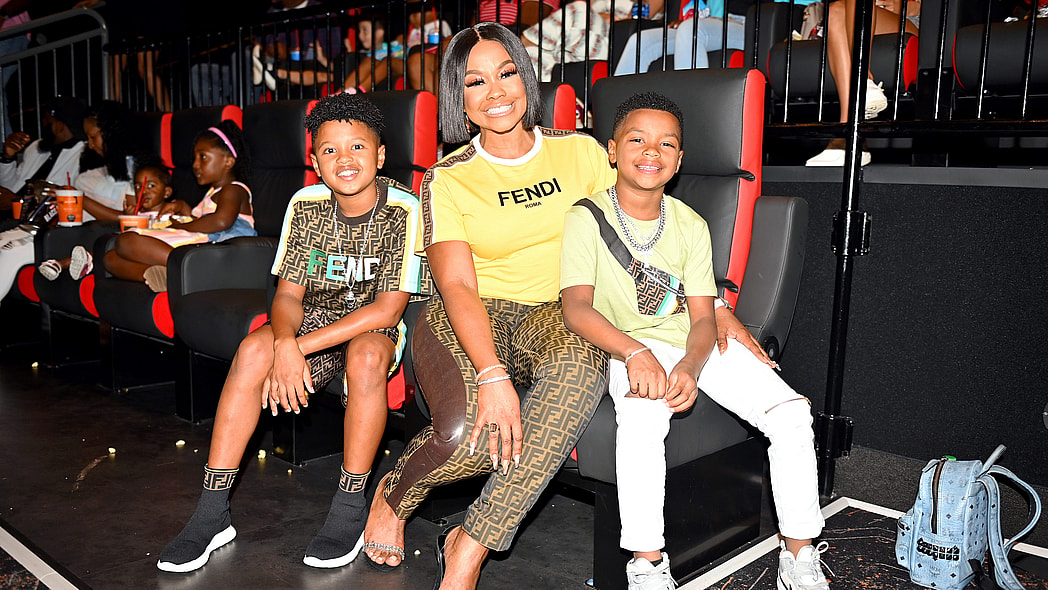Last week, former NFL running back Reggie Bush received his Heisman Trophy back after forfeiting the honor 14 years ago. The professional football player has since opened up about how the controversy, which first surfaced in 2005 with allegations that Bush had accepted payment and other goods while playing for the University of Southern California, impacted his mental health.
While appearing on “CBS Mornings,” Bush shared that when he was drafted by the New Orleans Saints in 2006, he was at his “weakest point.”
“When I think I’m at my weakest point and when I’m dealing with depression, fighting thoughts of suicide, there’s an entire city there to embrace me and to lift me up, and to give me an opportunity to go out, once again, to prove myself,” he said.
After an investigation by the NCAA found he had received the goods, Bush voluntarily gave up his Heisman Trophy in 2010. However, after the NCAA’s policy regarding players receiving payment changed, the organization formally reinstated Bush’s trophy. He told “CBS Mornings” he was just trying to take it all in.
“I think when you’ve manifested this for so long, and you’ve been through the ups and the downs for so many years — I’ve cried over it, I have — but I felt like at this point, I was just taking it in and just being happy and just enjoying the moment, and just knowing that we did this,” he said.
Even though his trophy has been reinstated, Bush said he was not backing down from a lawsuit he currently has pending against the NCAA for defamation stemming from a statement made in 2021 by NCAA officials that referred to Bush as a “pay-to-play” scenario.
Recommended Stories
As National Mental Health Month kicks off on May 1, Bush’s candid look at his mental health journey helps highlight the fact that Black men who suffer from depression are both underdiagnosed and regularly underutilize potentially supportive resources. Presently, data suggests roughly 5% to 10% of Black men suffer from depression, though those figures do not account for how many go underdiagnosed. The study dates back 10 years, and since that time, Black Americans have been disproportionately affected by the police brutality and increase in white nationalism that prompted the rise of the Black Lives Matter movement, the Donald Trump presidency, the COVID-19 outbreak, a recession, and more.
Depression can be challenging to spot, as it can present differently from person to person. Many of the behaviors associated with mental health struggles — anxiety, anger, struggling with school or work, dejection — are normalized in Black men, making it hard to distinguish when someone needs help. According to the Centers for Disease Control and Prevention, “Depression is more than just feeling down or having a bad day. When a sad mood lasts for a long time and interferes with normal, everyday functioning, you may be depressed.”
Bush joins several other notable Black men in recent years who have spoken out about their mental health struggles. Earlier this year, veteran rapper Darryl ‘DMC’ McDaniels opened up about how rising to fame with Run-DMC, as well as subsequent events, including the murder of fellow Run-DMC founding member Jam Master Jay, had severely affected his mental health.
“It hit me at a late point in my life, but it was always there,” he said. “It just got magnified by the situation that I was in.”
McDaniels also added how he wanted to talk about his mental health to let his fans know speaking out “isn’t a sign of weakness. It’s a sign of strength.”
As for Bush, he’s found new peace. Years prior to the reinstatement of his Heisman, he stepped away from professional football.
In 2020, more than two years after his late December 2017 retirement, Bush told People magazine, “I’ve been able to enjoy more time with our family and just being able to do things that I normally wouldn’t be able to be here for. For 20-plus years, most of my time was devoted to a single sport. Now I get an opportunity to be home, and to find a new passion and keep my focus on top of my family.”










